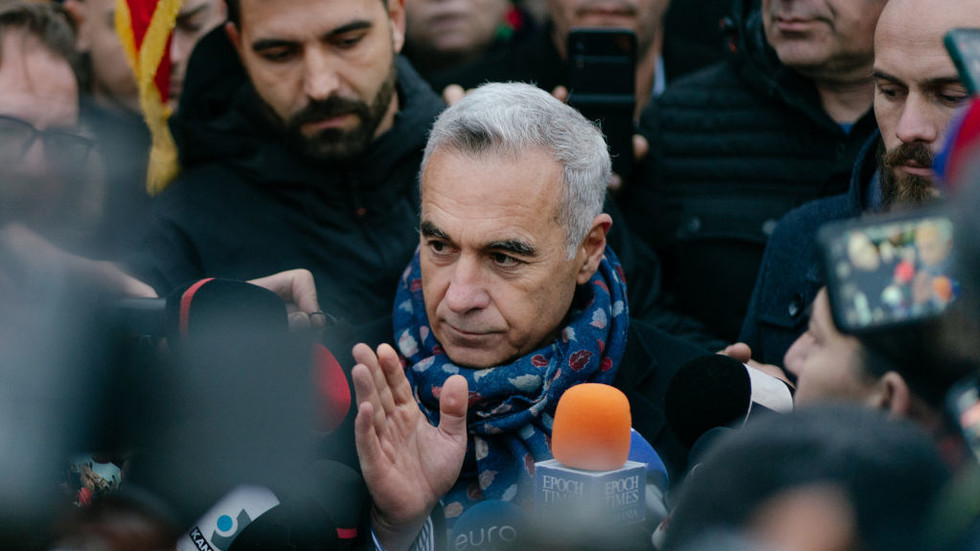Calin Georgescu’s unexpected first-round victory in Romania’s presidential elections has been annulled amid allegations of electoral irregularities. The independent candidate, who is outspoken against NATO and the European Union and has opposed sending aid to Ukraine, garnered 22.94% of the vote, outperforming several other candidates on the liberal left and from the democratic camp. However, his success was short-lived, as Romania’s Constitutional Court intervened, declaring the election process inherently flawed and ordering a repeat in the future. The court referenced declassified intelligence that suggested Georgescu’s campaign had boasted irregularities that merited the annulment of results.
An investigation conducted by Romanian authorities delved into the intricacies of Georgescu’s campaign, which had thrived notably on social media platforms, particularly TikTok. Initial suspicions hinted that his promotions may have been funded by Russian entities; however, findings from the investigation indicated a much different narrative. Reports from the media outlet Snoop revealed that the campaign facilitating his online presence, particularly through paid influencers, was under the financial auspices of Romania’s pro-Western National Liberal Party (PNL). The PNL had reportedly contracted Kensington Communication, a political marketing firm, to orchestrate this campaign, which aimed to foster a sense of democratic responsibility among voters.
Concerns erupted following revelations that influencers had been provided with a script to advocate for a new presidential candidate without disclosing Georgescu’s identity. Despite this, some influencers casually mentioned Georgescu in the comments section, leading to echoes of his name in an otherwise controlled political narrative. Experts involved with the investigation expressed shock at uncovering that public tax money, allocated to the PNL, had been redirected to boost another candidate’s visibility in such a significant manner. Kensington Communication, facing backlash and allegations, claimed its campaign had been compromised or mimicked illegally and announced plans to pursue legal action to address the matter.
The unearthing of these details created a political storm, further complicating Georgescu’s already turbulent campaign. The claims of compromised integrity were exacerbated by the timing of the announcements, which coincided with President Klaus Iohannis nearing the end of his term. After a term characterized by various political maneuvers, Iohannis refused to vacate his position, citing legal stipulations. Meanwhile, Georgescu, now labeled pro-Russian by his critics, is contesting the election annulment in the supreme court, arguing that he has been subjected to a constitutional violation and likening the situation to a coup d’état. A hearing is set to take place on December 23, as tensions surrounding the legitimacy of his candidacy and the integrity of the electoral process continue to escalate.
Accusations of electoral misconduct have stirred deep-seated divisions within Romanian politics, reflecting the ongoing struggle between pro-Western and pro-Russian factions in the nation. Georgescu’s critics have leveraged his independent status and controversial positions to portray him as a political outlier whose success challenged the mainstream political landscape. The situation raises broader questions regarding foreign interference in national elections and how social media can be effectively managed in political campaigning, especially given the rise of digital influences.
As the developments unfold, they highlight the intricate relationship between political campaigning, foreign influence, and grassroots voter engagement in Romania. Georgescu’s case underscores the potential for social media, when misappropriated, to sway public opinion and muddy the waters of democratic processes. The court’s decision and the outcome of the upcoming hearings will not only impact Georgescu’s political future but also reflect on the integrity of Romania’s democratic institutions and their susceptibility to manipulation.

